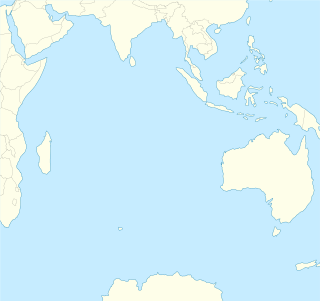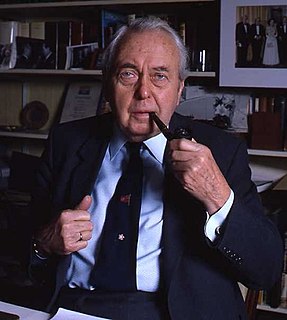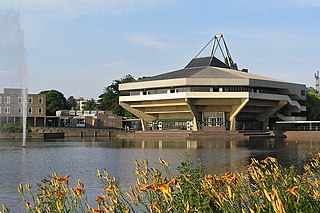 W
WThis is a complete list of Acts of the Parliament of the United Kingdom for the years 1960–1979. Note that the first parliament of the United Kingdom was held in 1801; parliaments between 1707 and 1800 were either parliaments of Great Britain or of Ireland). For Acts passed up until 1707 see List of Acts of the Parliament of England and List of Acts of the Parliament of Scotland. For Acts passed from 1707 to 1800 see List of Acts of the Parliament of Great Britain. See also the List of Acts of the Parliament of Ireland.
 W
WANZUK was a tripartite force formed by Australia, New Zealand and the United Kingdom to defend the Asian Pacific region after the United Kingdom withdrew forces from the east of Suez in the early 1970s. The ANZUK force was formed in Singapore on 1 November 1971 under Rear Admiral David Wells and disbanded in 1974.
 W
WCharley Says is a series of very short cut-out animated cartoon public information films for children, produced by the British government's Central Office of Information and broadcast in the United Kingdom in the 1970s and 1980s. Six films were made in 1973.
 W
WCollett Dickenson Pearce & Partners (CDP) was a British advertising agency which operated from 1960 till 2000. It was founded by John Pearce and Ronnie Dickenson who bought an existing agency owned by John Collett. The agency played a pivotal role in London's cultural shift of the 1960s and was a nursery for a number British creative entrepreneurs who would later enjoy famed careers.
 W
WThe deportation of Chagossians from the Chagos Archipelago was the forced expulsion of the inhabitants of the island of Diego Garcia and the other islands of the British Indian Ocean Territory (BIOT) by the United Kingdom, at the request of the United States, beginning in 1968 and concluding on 27 April 1973 with the evacuation of Peros Banhos atoll. The people, known at the time as the Ilois, are today known as Chagos Islanders or Chagossians.
 W
WEdward Heath of the Conservative Party formed the Heath ministry and was appointed Prime Minister of the United Kingdom by Queen Elizabeth II on 19 June 1970, following the 18 June general election. Heath's ministry ended after the February 1974 general election, which produced a hung parliament, leading to the formation of a minority government by Harold Wilson of the Labour Party.
 W
WHarold Wilson was appointed Prime Minister of the United Kingdom by Queen Elizabeth II on 16 October 1964 and formed the first Wilson ministry, a Labour government, which held office with a thin majority between 1964 and 1966. In an attempt to gain a workable majority in the House of Commons, Wilson called a new election for 31 March 1966, after which he formed the second Wilson ministry, a government which held office for four years until 1970.
 W
WThe Labour Party governed the United Kingdom of Great Britain and Northern Ireland from 1974 to 1979. During this period, Harold Wilson and James Callaghan were successively appointed as Prime Minister of the United Kingdom by Queen Elizabeth II. The end of the Callaghan ministry was presaged by the Winter of Discontent, a period of serious industrial discontent. This was followed by the election of Conservative leader Margaret Thatcher in 1979.
 W
WThe term plate glass university or plateglass university refers to a group of universities in the United Kingdom established or promoted to university status in the 1960s. The original plate glass universities were established following decisions by the University Grants Committee (UGC) in the late 1950s and early 1960s, prior to the Robbins Report in 1963. However, the term has since expanded to encompass the institutions that became universities as a result of Robbins's recommendations.
 W
WPrawn cocktail, also known as shrimp cocktail, is a seafood dish consisting of shelled, cooked prawns in a Marie Rose sauce or cocktail sauce, served in a glass. It was the most popular hors d'œuvre in Great Britain, as well as in the United States, from the 1960s to the late 1980s. According to the English food writer Nigel Slater, the prawn cocktail "has spent most of see-sawing from the height of fashion to the laughably passé" and is now often served with a degree of irony.
 W
WPrawn cocktail, steak garni with chips, and Black Forest gâteau was the most popular dinner menu in British restaurants in the 1980s, according to contemporary surveys by trade magazine Caterer and Hotelkeeper. It was especially associated with the Berni Inn chain which popularised mass-market dining out after the end of food rationing in Britain, following the Second World War. The Prawn Cocktail Years, by Simon Hopkinson and Lindsey Bareham, called this meal the Great British Meal Out.
 W
WThe punk subculture includes a diverse and widely known array of ideologies, fashion, and other forms of expression, visual art, dance, literature and film. It is largely characterised by anti-establishment views, the promotion of individual freedom, DIY ethics, and is centred on a loud, aggressive genre of rock music called punk rock.
 W
WMargaret Thatcher was Prime Minister of the United Kingdom from 4 May 1979 to 28 November 1990, during which time she led a Conservative majority government. She was the first woman to hold that office. During her premiership, Thatcher moved to liberalise the British economy through deregulation, privatisation, and the promotion of entrepreneurialism.